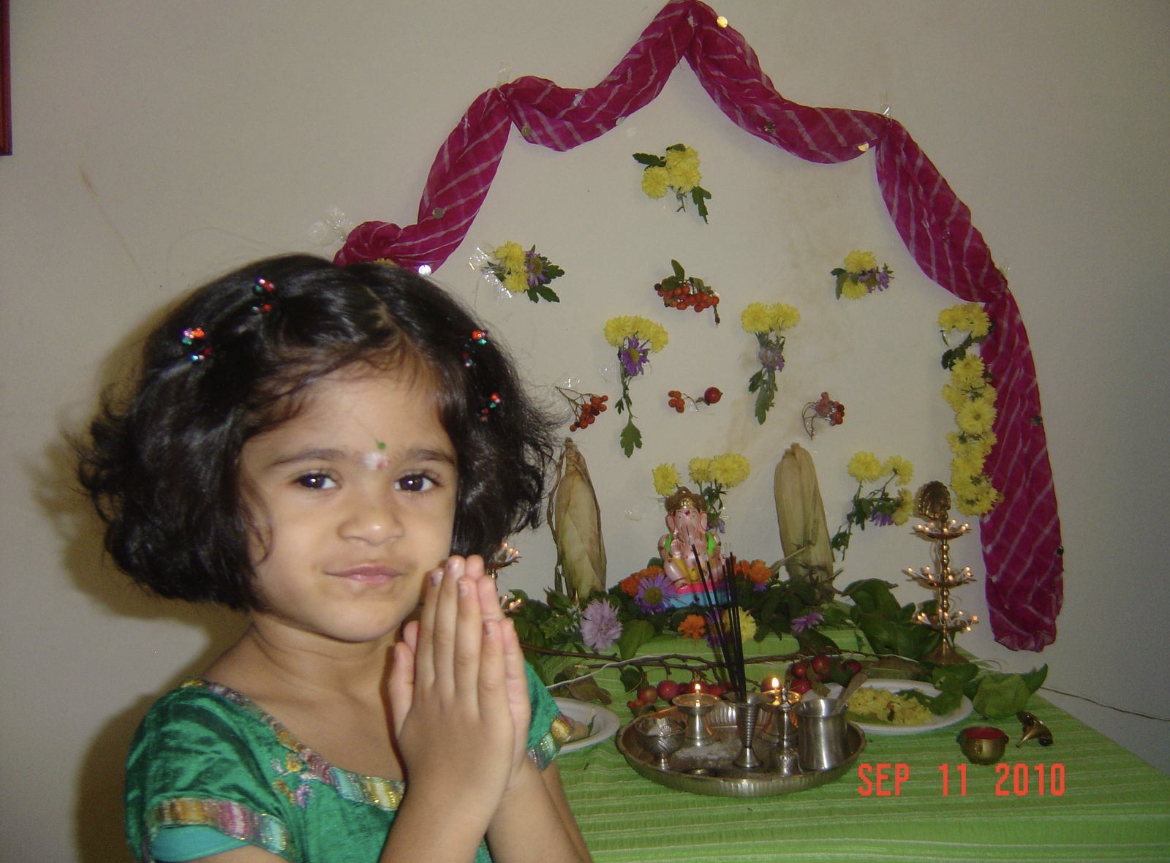For first and second-generation immigrants, there is often a feeling of being ‘too American’ to fit into one’s own religion, yet different from most Americans. This is especially prevalent for those with religious beliefs uncommon from the majority of America.
The First Amendment of the Constitution outlines freedom of religion, yet almost half of American adults feel that the country should be a Christian nation.
Apart from dealing with racism, xenophobia, prejudice and discrimination, Americans who are part of a minority religion experience another phenomenon: internal conflict between their religion and nationality.
Junior Samara Khan conveyed her experiences of adhering to social standards. “It’s not that I can’t speak openly about Islam. It’s more that people won’t really listen to it. When having conversations about Islam, most people come to the conversation with their minds already made up and their prejudices, if there are any, already set,” Khan continued. “It would take way more than talking to undo whatever biases they have.”
Biases can come off as hate towards non-Christian Americans, who are already struggling with self-conflict. Being sandwiched with trying to hold on to religion and culture while also trying to fit into the societal norms is a tough act to maintain.
Junior Swetha Narmeta experiences this internal conflict, growing up in America while also taking part in her religion, Hinduism. “Being in America, I have to balance being a typical American while also still having to maintain more religious values. This is difficult because things like eating habits are contradictory and it’s impossible to be able to fully follow my religion,” she expressed.
Outside of the conflicting nature of being a part of a minority religion, feelings of unease and embarrassment come with the dual lifestyle. The feeling that one doesn’t belong leads to the shame of being different from others.
“The pressure to ‘fit in’ makes it difficult to truly connect with and embrace my faith because the environment I’m in makes my religion seem out of place and odd,” Khan conveyed.
The feeling of not staying true to religion can weigh on one’s shoulders for their entire life. Fears of assimilation and being unable to pass on religious beliefs to the next generations add to an inadequate sense of belonging. Inefficient exposure limits the full potential of maintaining a connection to one’s religion.
“The only [Hindu] temple in our area is in Milan, which is almost 30 minutes away from my house. We definitely don’t have a scarce population of Hindu people either,” Narmeta explained. “Lack of places of worship discourages many people from praying and attending religious events.”
Being caught between the two worlds, Americans who follow non-Christian faiths grapple with the daily incompatibility of living in a Christian-dominant society. As America continues to diversify, the religious landscape also adjusts and adapts to fit the ever-growing American population.










Megan Montgomery • Oct 22, 2023 at 7:46 pm
I loved this article, the delivery was perfect. I really liked how you really captured the different aspects of the typical American lifestyle while still trying to embrace your culture but also the difficulties the of collision of both. The description and organization of this article really made all the points of the article clear and impactful.
Sandarbha • Oct 14, 2023 at 5:22 pm
This is a topic that hits close to home to me especially, since I live in a divorced household with one side of the family who is buddhist, I can see and understand this dual lifestyle firsthand. This topic should have been reported on earlier, in my opinion.